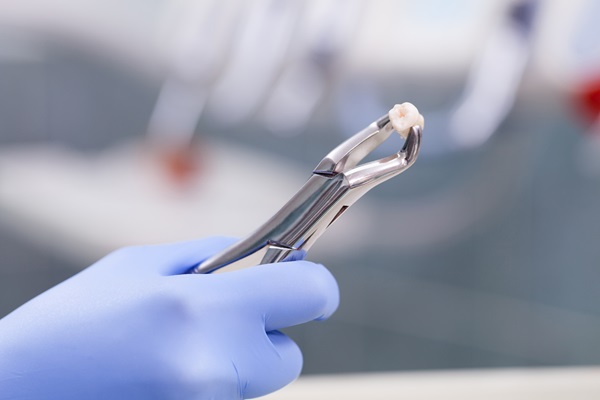Oral Surgeon Procedures for Corrective Jaw Surgery

Corrective jaw surgery (also called orthognathic surgery) is performed by an oral surgeon to correct different forms of skeletal and dental issues, including jaw and teeth misalignment. The aim is to improve oral functions such as breathing, speaking, and eating. Although the surgery may improve the appearance of the patient's teeth significantly, corrective jaw surgery is done mainly to fix functional problems.
The need for corrective jaw surgery
Corrective jaw surgery is necessary for those with an improper bite caused by misaligned teeth or jaw. Sometimes, the lower and upper jaws may develop at different rates. Injuries and congenital defects may also contribute to jaw misalignment. Although orthodontics is effective for correcting bite or occlusion issues, when only the teeth are affected, corrective jaw surgery may be required to fix jaw misalignment.
An oral surgeon will perform an examination to know whether the patient is eligible for corrective jaw surgery. Patients need to be aware that the treatment, which may include orthodontics before or after surgery, will probably take a few years to finish. The oral surgeon knows this is a long-term commitment and will try to provide an estimated timeline.
Corrective surgery may shift all or part of the lower jaw, upper jaw, and chin. After fully understanding the situation and the treatment options, the patient and the dental professional will work together on the optimal treatment plan. Some of the procedures include:
- Correcting an open bite: The surgeon will remove some of the bone in the upper part of the jaw holding the teeth. They will then hold the upper jaw securely with plates and screws
- Correcting a protruding lower jaw: The bone in the rear part of the jaw is disjointed from the front part and altered so that the tooth-holding part of the lower jaw can be shifted back for correct alignment
- Orthognathic surgery for a receding chin: The dental professional will separate the bone in the lower area of the jaw from its base and modify it. They will then shift the tooth-bearing part of the jaw and a part of the chin forward
What to expect
Before the surgery, patients may get orthodontic braces to shift their teeth to another position. The dentist may take x-rays, pictures, and impressions of the teeth to guide the surgery. Depending on the nature of the procedure, general anesthesia may be used. The surgery may take between one to several hours to complete.
The oral surgeon will reposition the jawbone based on the needs of the patient. Sometimes, bone material may be removed, added, or reshaped. Screws, surgical plates, wires, and surgical plates may be used to retain the jaws in their new positions. Usually, the oral surgeon will make incisions in the mouth to reduce noticeable scarring; however, some situations need small incisions outside the mouth. In such cases, the surgeon will try to reduce their appearance.
Do you need corrective jaw surgery?
Corrective jaw surgery shifts the jaws and teeth into a more balanced, healthy, and functional position. An oral surgeon usually performs the surgery to improve bite and function, but it may enhance appearance and speech as well.
Request an appointment here: https://brighton.drjstearns.com or call Platte Valley Oral Surgery at (303) 997-0223 for an appointment in our Brighton office.
Check out what others are saying about our dental services on Yelp: Oral Surgery in Brighton, CO.
Recent Posts
You might have heard the term “wisdom tooth extraction” often. However, you might not know that every type of extraction does not require surgery. Some kinds only require a simple procedure. Keep reading to find out more about what a wisdom tooth extraction from an oral surgeon involves.In many cases, the wisdom teeth can be…
If you are experiencing symptoms like jaw pain and stiffness, TMJ disorder might be the problem. This disorder can have a significant impact on your physical and mental health. The condition generally worsens without treatment. A TMJ specialist is a trained and experienced professional who offers treatment for TMJ disorders. Continue reading to find out…
Bone grafting is a minor surgical treatment done under local anesthetic to replace depleted bone tissue. The grafting material may be inserted into a tooth socket just after a tooth is removed or at a location where a tooth has been absent for an extended period. Over the next few months, your body will produce…
Dental implants have significantly changed the way people replace missing or damaged teeth. Now there is another treatment option that can help you restore your smile. The All-on-4 dental implant technique is an innovative solution gradually growing in popularity. This technique allows patients to restore their smile with a full set of teeth anchored by…


